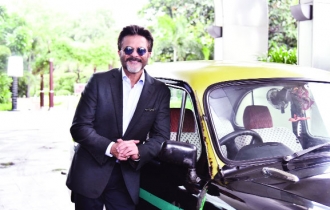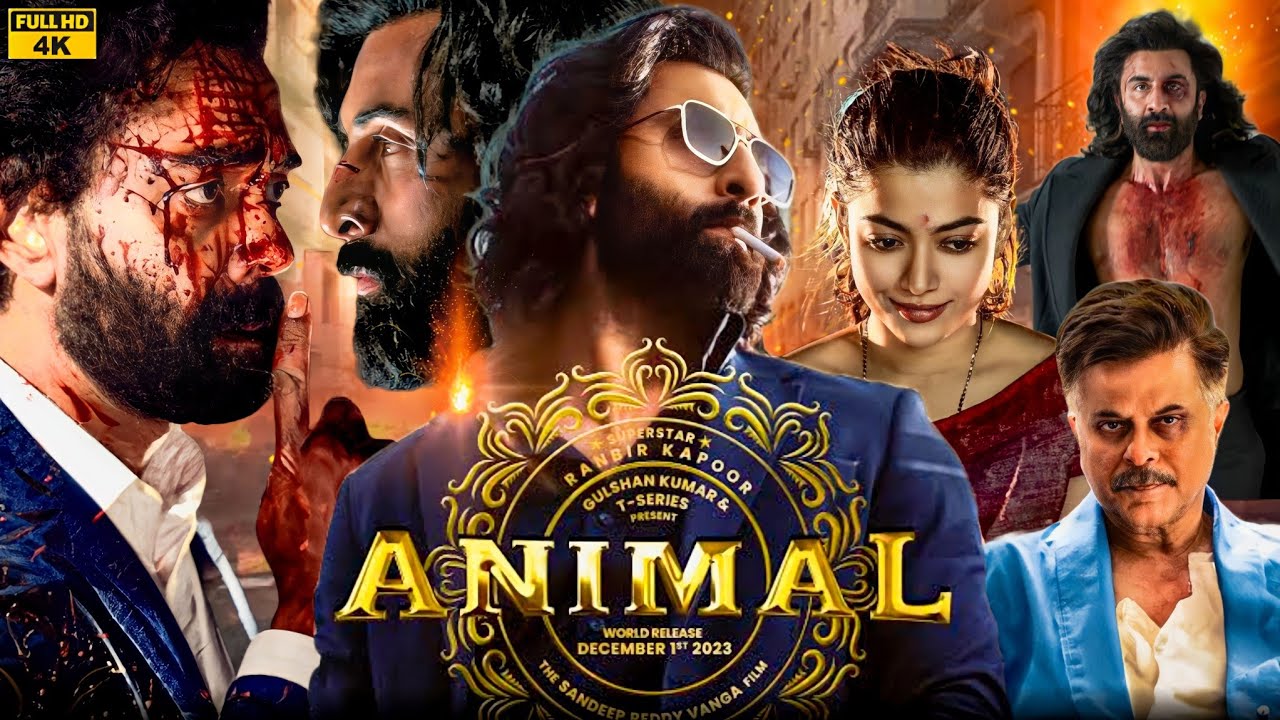Subject of parenting is a theme in Rakeysh Omprakash Mehra’s Fanney Khan. This writer has a chat with the director, producer, and the cast of the movie.
Dreamers come in all shapes, sizes and ages. When Rakeysh Omprakash Mehra wanted to adapt the Dutch movie, Everybody’s Famous, into Hindi because of its universal appeal, he too had a dream. It took a couple of years to convince the makers to sell the rights which they finally did. It took another half a decade to write and produce it.
“I fell in love with the story and chased the writer and director for three years and persuaded them that their work will be done justice to. Then came the discussion about who will write the movie that took another five-six years,” Mehra said of Fanney Khan. “The story is about dreams and aspirations and I decided to put a musician in the centre of a changing world. There were many artists who did not get an opportunity to showcase their talent in the 80s and 90s. Things improved from 2000 onwards as the industry expanded. But I wondered what happened to those who couldn’t fulfill their dreams to earn their survival? Usually our dreams are transferred to our children, that is what the story is about,” said director Atul Manjrekar.
Mehra, who was also present on a stormy day in Delhi to promote his latest venture as a producer, said that cinema that goes beyond entertainment has always attracted him. “Films are written by people, they are then conceived and the captain of the ship directs it. There are music directors, writers, cameraperson and everyone puts their emotions into the film that is finally watched by people. Cinema is not a need. If I remove cinema from your life, there will be a vacuum. What it does is to fulfill the emotional need to connect,” said he.
The movie, which stars Anil Kapoor, Aishwarya Rai Bachchan, Rajkummar Rao, Pihu Sand and Divya Dutta, will also deal with issues like body shaming.
“Women are subjected to a gaze. From the moment she wakes up to the moment she sleeps and even in her dreams, she’s subjected to it especially if she doesn’t look a certain way. If she’s not fair, if she’s too thin or too dark, everything is an issue. We always go to ‘see’ a girl for marriage and not a boy. The conversation is centred around testimonials about her as if she’s standing on trial. Our cinema, literature and society too have propagated this stereotype. The beautiful way in which Atul has told the story is for you to interpret and experience yourself. It doesn’t point fingers against anyone but is a reflection of the society,” added Mehra. “The film at its core is about the relationship between a father and his daughter while body shaming adds a layer to it. How someone perceives the message is up to them. I just wanted people to be aware. There is an idea of perfect body for men and women. People care about height, weight, skin colour and people are competing to look better than each other and that pressure is consuming all of us,” added Manjrekar.
Both have worked together so far but for this film, Mehra handed over the reins to Manjrekar. Asked whether he was free to make the film the way he wanted to, he answered in the affirmative. Mehra added that since he has been both a producer and director and understands the freedom one craves for in making a film, it would be a joke to not give the same to Manjrekar.
“Being a director, I understand the working of a director. It was obvious that I would apply all that when I become a producer,” Mehra said. One of the questions that Manjrekar asked while making the film was where did the junior artists, who sometimes imitated big stars and did street shows, go? That answer will be articulated by actor Anil Kapoor, who is the protagonist, unsuccessful in life but nurtures his daughter for the big stakes. The versatile Kapoor was attracted by the solidity and depth of the story. “I began my career with telling good stories. Starting from Woh Saat Din, I have chosen different scripts. When movies were being made 35 years ago, the hero was either playing a guitar, riding the bike or dancing. But I still broke convention. Even now I don’t think about who is the hero or supporting role or if the story is pivoted around a girl or boy,” he added. “Earlier, people made fun of me but that has stopped after years of proving myself. For instance, before shooting 1942, a Love Story, I called the media to tell them that I was going to publicly cut my hair for the role but nobody turned up. I wanted to do this with the set in the backdrop 20 years ago. Today, even a minute detail is reported in the media.” The point being gimmickry, which is prized today, just didn’t matter in the end.
Kapoor has been in the industry for more than 35 years and talked about how technology has aided in production. “For Mr India, everything was done on the set. I used to sit on a chair for three hours just to get a shot of a chair having an impression of someone sitting there. Special effects can be generated on computers now,” said he.
He also believes that the latest generation of actors is very hard-working. “They work 1,000 times harder now. During my time, there were times that actors would take on multiple projects and not give enough time to one but now actors work on one movie in two years and go deep into the character,” he added. The veteran also said that every actor has a struggle phase. But he has been lucky that way since producers have chosen him for the right story. “During the initial phase, I didn’t ask what the role was. I was getting an opportunity and that was enough. If I asked questions about the role or money there was the danger of losing the role. (Laughs) Then you reach a stage when you can make decisions for yourself. There are times you make wrong decisions or you’re in a position to demand a pay packet. I have been through all those phases,” Kapoor said.
Rao concurred that he too was lucky as he was able to choose the kind of work after his first film. “As an outsider, you don’t have an option to choose your films but right after the first one, the filmmakers that I worked with and the films that I went on to do were in my hands,” he said. “I learnt a lot from Anil Kapoor. His discipline and commitment to his work is amazing. When I am his age, I hope I am as energetic,” he added.
Sand, who’s making her debut and will be one of the central characters, said that she always wanted to be an actor. “We did a lot of readings with Atul sir, Anil sir and Divya ma’am (who plays her mother in the movie). Nothing was forced because of how beautiful the script was. I play a pure person who thinks that she knows a lot and her inner journey overshadows her messy clothes or her plus size.”
Dutta, who will be seen as an ordinary housewife struggling to keep everyone happy within the limited income of her husband, said, “It’s a story which is relatable to every family. Every parent wants their kid’s dreams to come true even if they might differ in the way they see life. Somewhere there is a common ground. Your own is your own,” said Dutta.
She also clarified that while feature films do make people aware about issues, this film was definitely not propagandist. Issues are not picked up in isolation, instead the film talks about them from the point of good story-telling.
Writer: Asmita Sarkar
Courtesy: The Pioneer








 OpinionExpress.In
OpinionExpress.In















Comments (0)